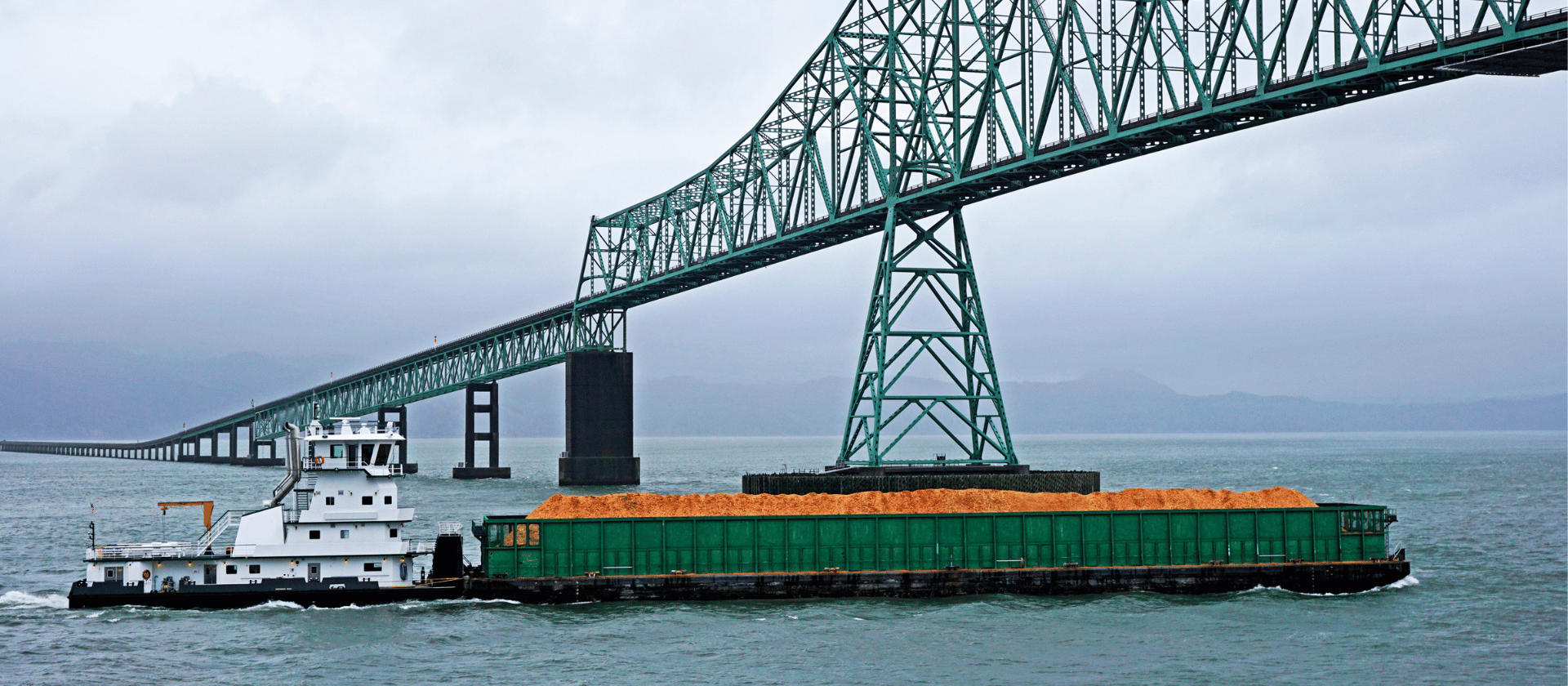As is the case throughout the nation’s largest cities, immigrants contribute to Portland’s economy roughly in proportion to their share of the population, according to a study released today by the Fiscal Policy Institute.
“The study should be required reading for all Oregonians, as it makes clear just how much of the economic growth of the state’s largest metropolitan area is due to immigrants,” said Joy Margheim, policy analyst with the Oregon Center for Public Policy, who examined the Fiscal Policy Institute’s study.
Download a copy of this news release:
Immigrants Boost Portland’s Economy in Proportion to Their Numbers, Study Finds (PDF), with accompanying charts
Related materials:
Read the Fiscal Policy Institute report Immigrants and the Economy: Contribution of Immigrant Workers to the Country’s 25 Largest Metropolitan Areas (PDF), November 30, 2009
Read the Fiscal Policy Institute’s news release New report shows robust immigrant contribution to GDP, November 30, 2009
See OCPP’s chart Portland immigrants’ metro area earnings by occupation (PDF)
See OCPP’s chart Immigrant share of occupations in Portland metro area (PDF)
See OCPP’s chart Portland metro area Top countries of birth for immigrants (PDF)
The New York-based research institute examined the economic impact of all foreign-born workers, including undocumented immigrants, in the nation’s 25 largest metropolitan areas. They concluded that “immigration and economic growth go hand in hand.”
In the Portland metro area, immigrants constitute about 12 percent of the population and generate about 12 percent of the economic output, according to the study. That roughly one-to-one ratio appeared fairly consistently throughout the 25 large metro areas studied.
The Fiscal Policy Institute shared with OCPP additional data concerning the Portland metro area not included in their report. That data offer a more detailed picture of Portland’s immigrant labor force, which spans the full range of occupations.
Immigrants make up a substantial share of Portland’s workers in well-paying occupations, where they typically earn more than their U.S.-born counterparts, according to Margheim. They constitute 13 percent of professional specialists such as doctors and lawyers and 13.8 percent of technicians in areas such as health care, engineering and science.
At the same time, immigrants disproportionately fill Portland’s low-paying jobs, Margheim said. She noted, for example, that while immigrants make up 14 percent of Portland’s labor force, they constitute 27.3 percent of workers in food preparation services and 49.7 percent of workers in farming, forestry and agriculture.
In these lower-paying occupations, immigrants earn less than U.S.-born workers in the same occupation, the Fiscal Policy Institute’s data for Portland showed. In 2005-07 immigrants working full-time in Portland’s food service industry, for instance, had median annual earnings of $15,786, compared to $20,556 for U.S.-born workers.
Those numbers speak in favor of comprehensive immigration reform, according to Francisco Lopez, executive director of CAUSA, Oregon’s immigrant rights coalition.
“A path to citizenship for undocumented workers would allow them to contribute even more to Portland and Oregon’s economy,” he said. “It would make undocumented immigrants less vulnerable to exploitation, lifting the bar for all workers, and provide the security needed to start a business. Everyone would win.”
The Fiscal Policy Institute report, Immigrants and the Economy: Contribution of Immigrant Workers to the Country’s 25 Largest Metropolitan Areas, is available online.
The Oregon Center for Public Policy is a non-partisan research institute that does in-depth research and analysis on budget, tax and economic issues. The Center’s goal is to improve decision making and generate more opportunities for all Oregonians.
More about: immigration





